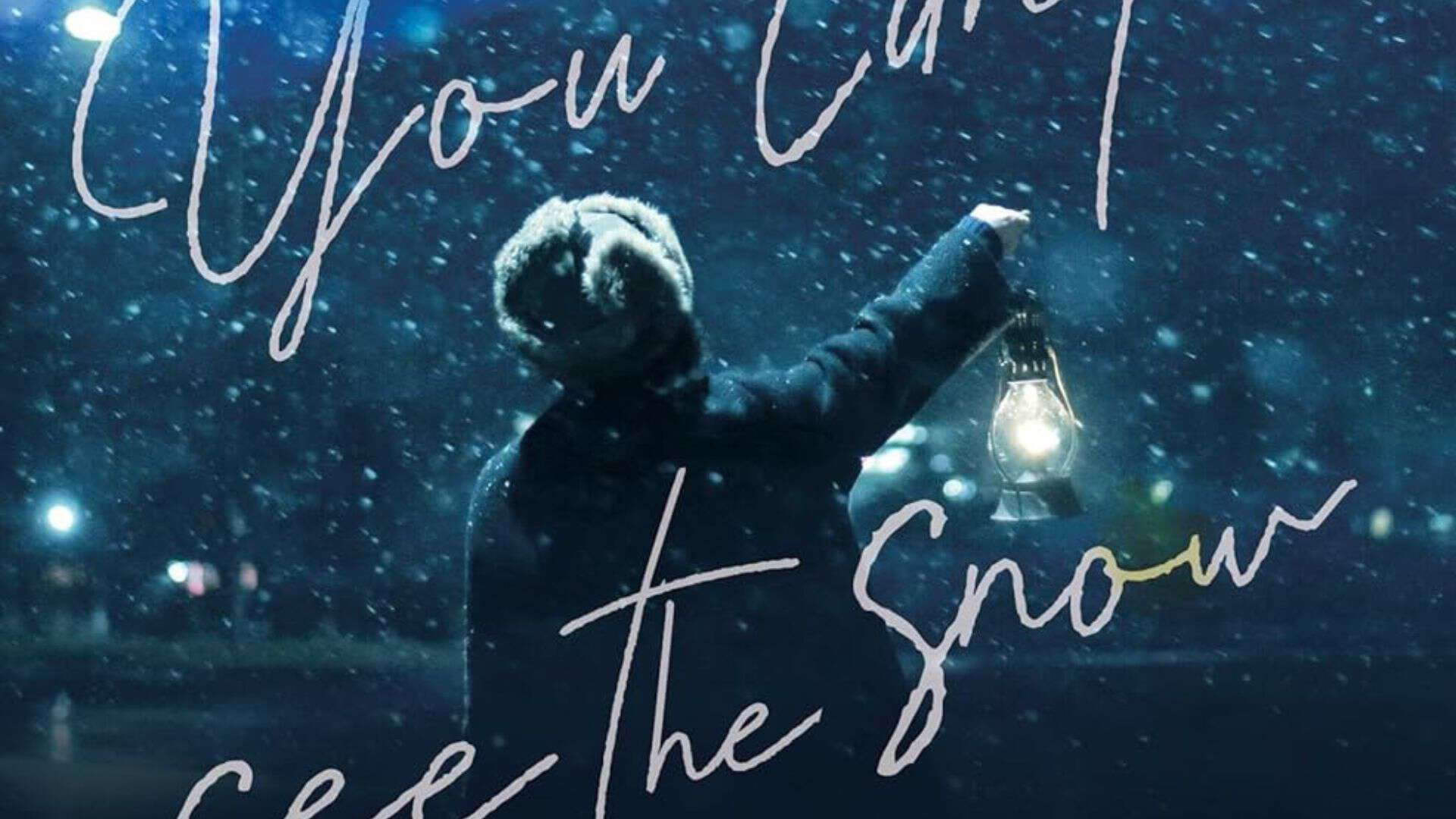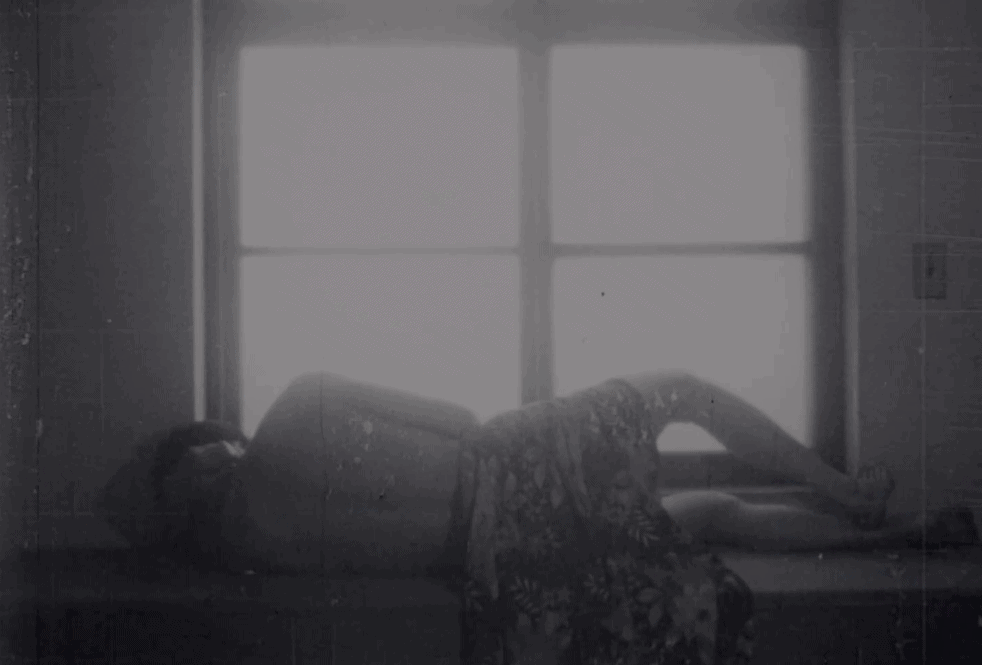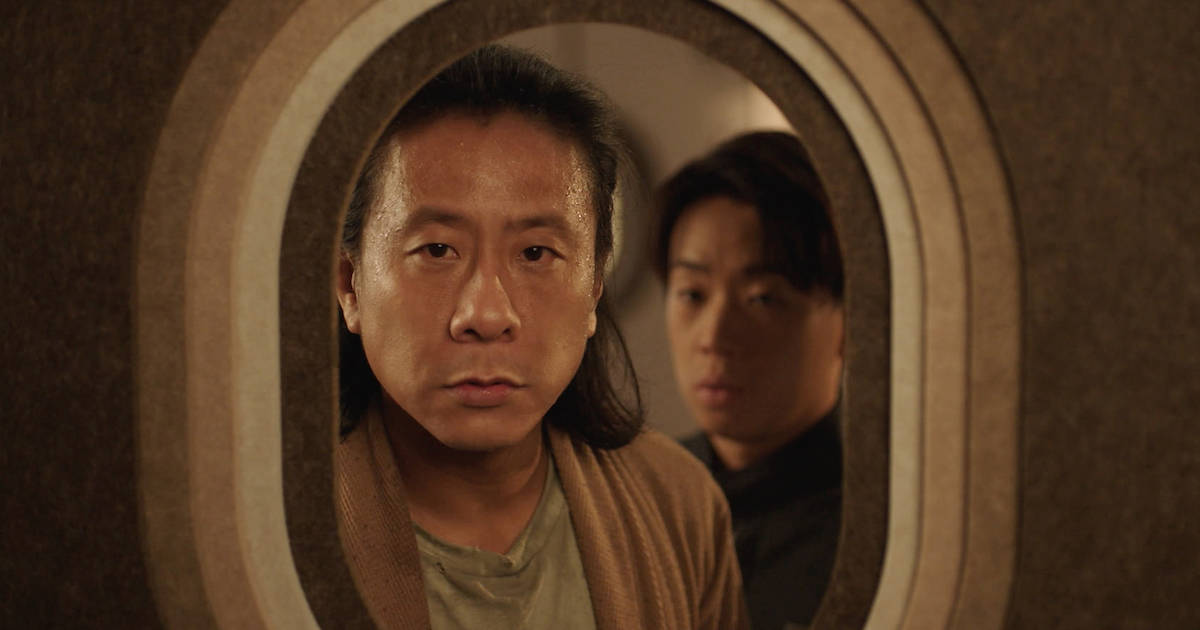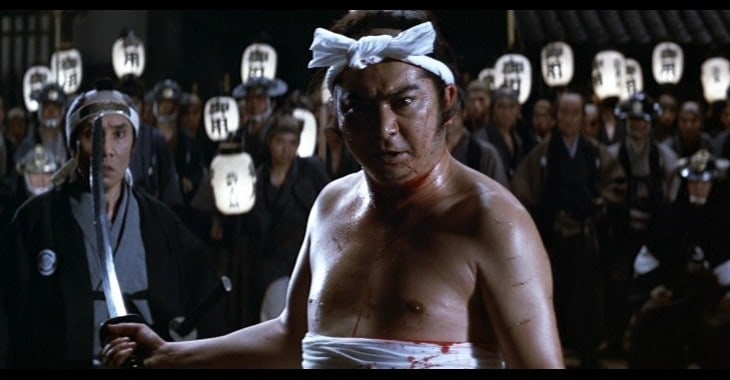Nowadays, parody entertainment tends to get a bad reputation due to the excessive amount of atrocious spoof movies released, particularly out of Hollywood. Features that are painfully unfunny, merely cashing in on the success of what is popular then and simultaneously coming off as insulting, have almost become a cursed tradition in modern filmmaking. Sadly, a commendable art form such as tokusatsu entertainment has frequently fallen into this trap. Yet, if remarkable talents such as Mel Brooks have proven anything, it's that parody projects can be good. They can also come from a place of love of the material being reimagined for comedic effect. The internet has even seen its fair share of funny parodying of popular properties. A recent example is Yoko Higuchi's fun non-profit short film “EVERYDAYMAN: A Fantasy Tokusatsu Parody.”
Yoko Higuchi is an independent filmmaker and cinephile, frequently active online, sharing his admiration for the art of filmmaking. Inspired by directors like Akira Kurosawa and Hideaki Anno and with a love for tokusatsu media, Higuchi would branch out to creating projects of his own under his production company Resistance Pictures, put together by him and his close friends. Recently, he and fellow movie lover Chester Law collaborated to put together their pieces of tokusatsu filmmaking. An example is their short film titled “ALIEN IN TOKYO,” in which an alien lands on Earth and frequents the streets of Tokyo, reflecting on the current state of humanity with the ongoing COVID-19 pandemic. Higuchi and Law would again work together for “EVERYDAYMAN: A Fantasy Tokusatsu Parody,” this time parodying and being a love letter to 1960s/1970s Japanese special effects television, specifically “Ultraman” and “Kamen Rider.”
In Japan, a man lives his life. When faced with challenges, he takes comfort in imagining himself as a superhero known as Everydayman, which helps him push through his own injustices. However, when anxiety catches up to him when anticipating an upcoming date, his stress takes the form of a villain known as Anxiety Rider. He tries to run from his inner struggles, yet they continue to follow him. Eventually, he is forced to confront his mental grapples head-on.
No doubt, this is a very familiar story. Yet, Yoko Higuchi gives his humorous spin on common narrative tropes. For starters, the nods to classic tokusatsu will certainly make fans of the genre happy. However, there is more to this project. Having the good-hearted protagonist seek comfort within his imagination as a hero is funny and touching. From childhood to adulthood, individuals take to their minds to find sanctuary. Children growing up find happiness looking up to heroes, and adults often have their forms of stress relievers. This short film shows that it is human to deal with insecurities and that people have the potential to overcome them.
The journey of the players of the narrative is primarily driven through visual storytelling. Without any dialogue, Nao Yamakasi, Alexandria Kayy, and Luca Bernardi do well with the limited material they are given. It is primarily Yamakasi who gets to shine here as the main character, acting through his facial expressions, as well as his quick movements when portrayed through his superhero persona. The English narration provided by Michael Evans is enjoyable. It is reminiscent of the campy English dubs for Showa-era tokusatsu movies and shows.
Considering the project was shot over just two days, it is commendable how visually pleasing this short film is. Yoko Higuchi and Chester Law demonstrate their camerawork skills with some genuinely nicely composed cinematography. An endearing element of the production is the use of aspect ratio, with widescreen used for parts set in reality, while fullscreen, reminiscent of Showa-era tokusatsu television, is used to present the main character's heroic imagination. Some nice details also include the added film grain to the superhero sections of the short and the more vibrant colours that come with these sequences. What little action there is, it is fun and even displays some impressive choreography. The use of music composed by Kunio Miyauchi, Shunsuke Kikuchi, and Toru Fuyuki helps give the experience an extra classical touch.
“EVERYDAYMAN: A Fantasy Tokusatsu Parody” is a charming short film that celebrates the 1960s/1970s age of Japanese special effects entertainment. It captures that feeling of inner imagination that was frequently recurrent for children who grew up watching shows like “Ultraman” and “Kamen Rider.” At its core, it's also a sweet relatable story of overcoming stress. On top of all that, it is a visual delight. Yoko Higuchi's humorous love letter is heartwarming and entertaining.
















